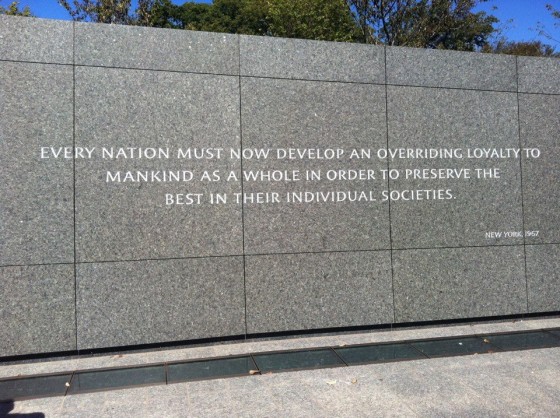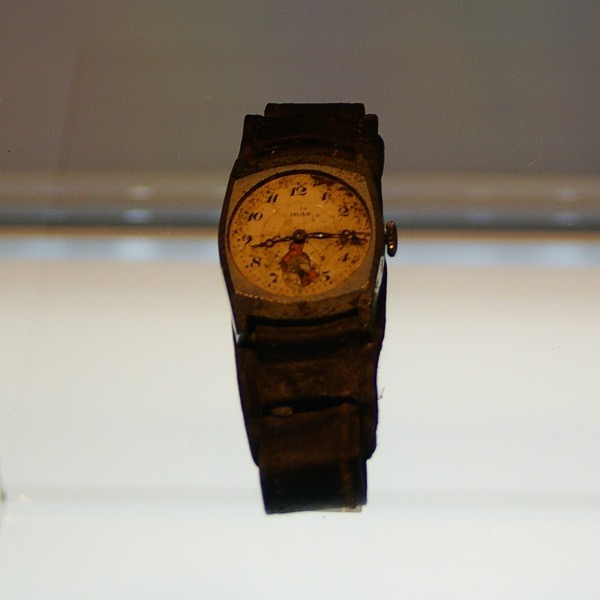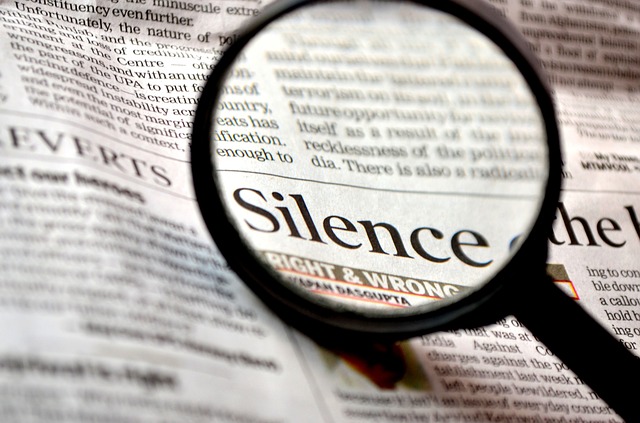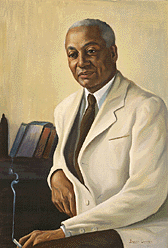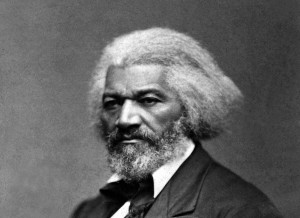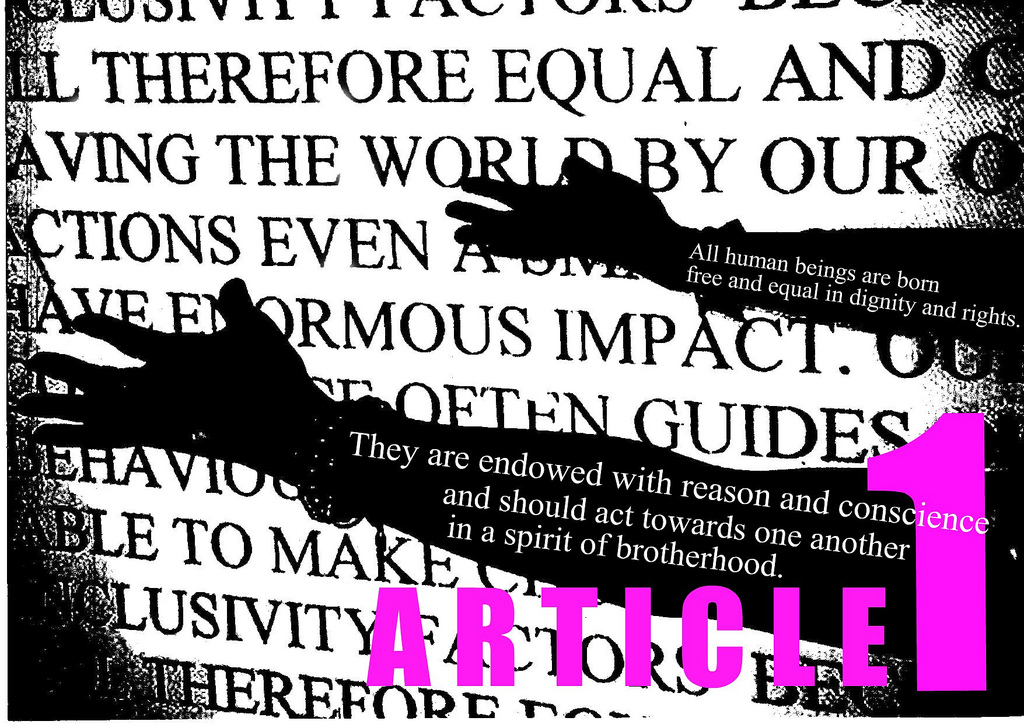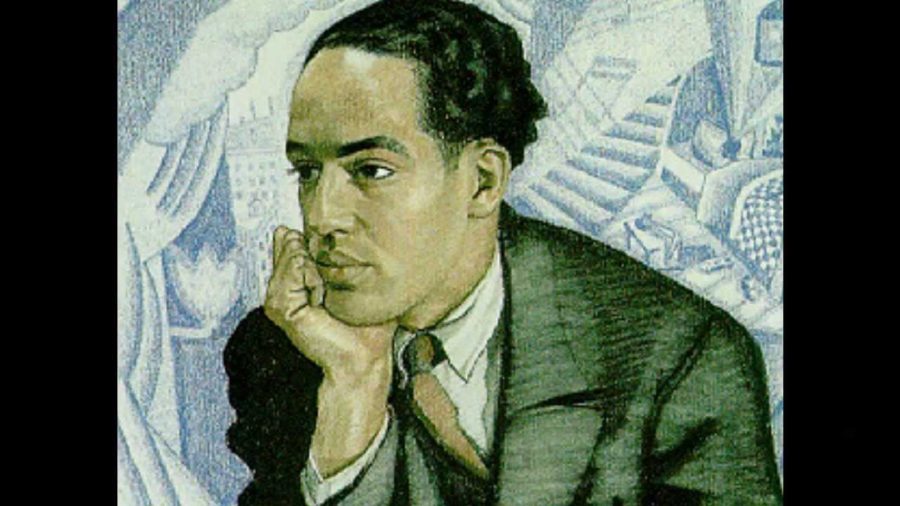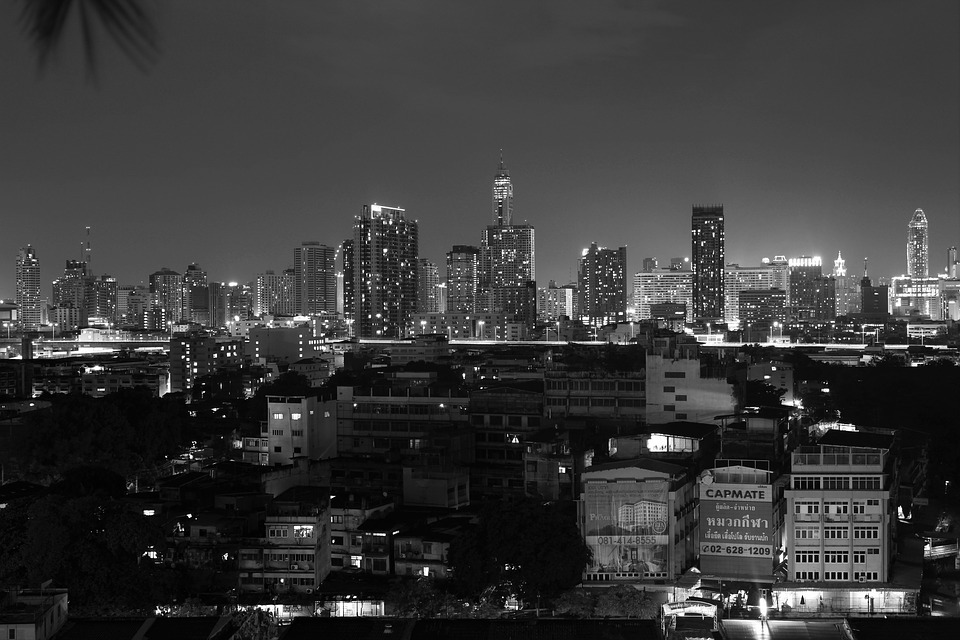poverty
There is no more profound exclusion. Global wealth is distributed unequally across the world, excluding billions from a life of dignity. This exclusion is reinforced by social structures including borders which the poor are generally unable to cross.
-
Martin Luther King Civil Rights Leader and Peace Advocate (Part 1 of 4)
Martin Luther King, Jr. gave his life for the poor of the world, the garbage workers of Memphis and the peasants of Vietnam. The day that Negro people and others in bondage are truly free, on the day want is abolished, on the day wars are no more, on that day I know my husband will rest in a long-deserved peace.—Coretta King This article is part of a series on human rights forebears. Rev. Dr. Martin Luther King Jr lived a life beyond the ordinary and writing about him is challenging. His life made the world that came after him better. This article will not do justice to his contribution.…
-
Equal Pay for Equal Work
Everyone, without discrimination, has the right to equal pay for equal work. Universal Declaration of Human Rights, article 23(4) This idea is hard to argue with. It appeals to our sense of fairness. It appears in the Universal Declaration of Human Rights and in other human rights treaties, as well as in international labour conventions. Its history and elaboration is an achievement of the women’s movement. The principle is not however limited to gender inequality. Like other human rights principles, its realisation is a work in progress. Country after country has entrenched the principle of equal pay for equal work in national laws. Yet on a global scale, equal pay for equal…
-
Do Foreigners Have the Same Human Rights as the Rest of Us?
At the core of human rights is the axiomatic truth that human beings have inherent rights: that all human beings are equal and possessed of dignity and that violation of such rights is both morally offensive and legally impermissible. An alternative ordering of human relationships is mandated by exclusive national citizenship. Implicitly and explicitly national citizenship counsels the primacy of the privileged ‘citizen’ over the ‘non-citizen’ ‘other’. Everywhere we see the manifestation of this ordering in gross, systematic and widespread human rights violations: in our laws, practices, attitudes and media. Some of ‘us’ are the privileged beneficiaries of those violations: and we violate the human rights of foreigners as if…
-
Why Global Citizenship?
1. Introduction Plutarch said: … nature has given us no country as it has given us no house or field. … Socrates expressed it … when he said, he was not an Athenian or a Greek, but a citizen of the world (just as a man calls himself a citizen of Rhodes or Corinth).[1] Plutarch urged his audience to become conscious of a wider reality and to exercise their imagination to overcome a narrow, localised conception of their identity. That is the role of my global citizenship claim too. Plutarch and Socrates did not conceive of the world as a globe,[2] as I do: I have travelled across the world;…
-
Libya’s Migrant Slaves
Among the tragedies befalling the people of Libya, is the tragedy befalling its migrant workers. On 9 March the International Federation of Red Cross and Red Crescent Societies reported that 30,000 migrant workers were forced back into Libya by forces loyal to Muammar Gaddafi to ‘return to work’ in Tripoli. This forced return amounts to slavery. It also violates international human rights in another way: Everyone has the right to leave any country … (article 14(2) Universal Declaration of Human Rights). Almost as soon as the uprising began in Libya the bonds that had held a multi-national community together fell apart. Although nationals and foreigners had lived together and shared their future before the uprising – after the uprising a person’s…
-
The Borders of Science
Surely something as universally true as science could not have borders? Not in the twenty-first century. Not in the age of the internet. Like the refugees who face immense challenges in getting into Fortress Europe, getting the benefits of science to the poor in developing countries is incredibly difficult. The most well-known case was that of aids drugs and their availability to the poor in developing countries. The problem is this: the systems created to protect intellectual property simply ignores the existence of the poor who could never pay for drugs, priced at around US$17,000 for an annual supply. While developed countries were able to pay the price for aids drugs and…
